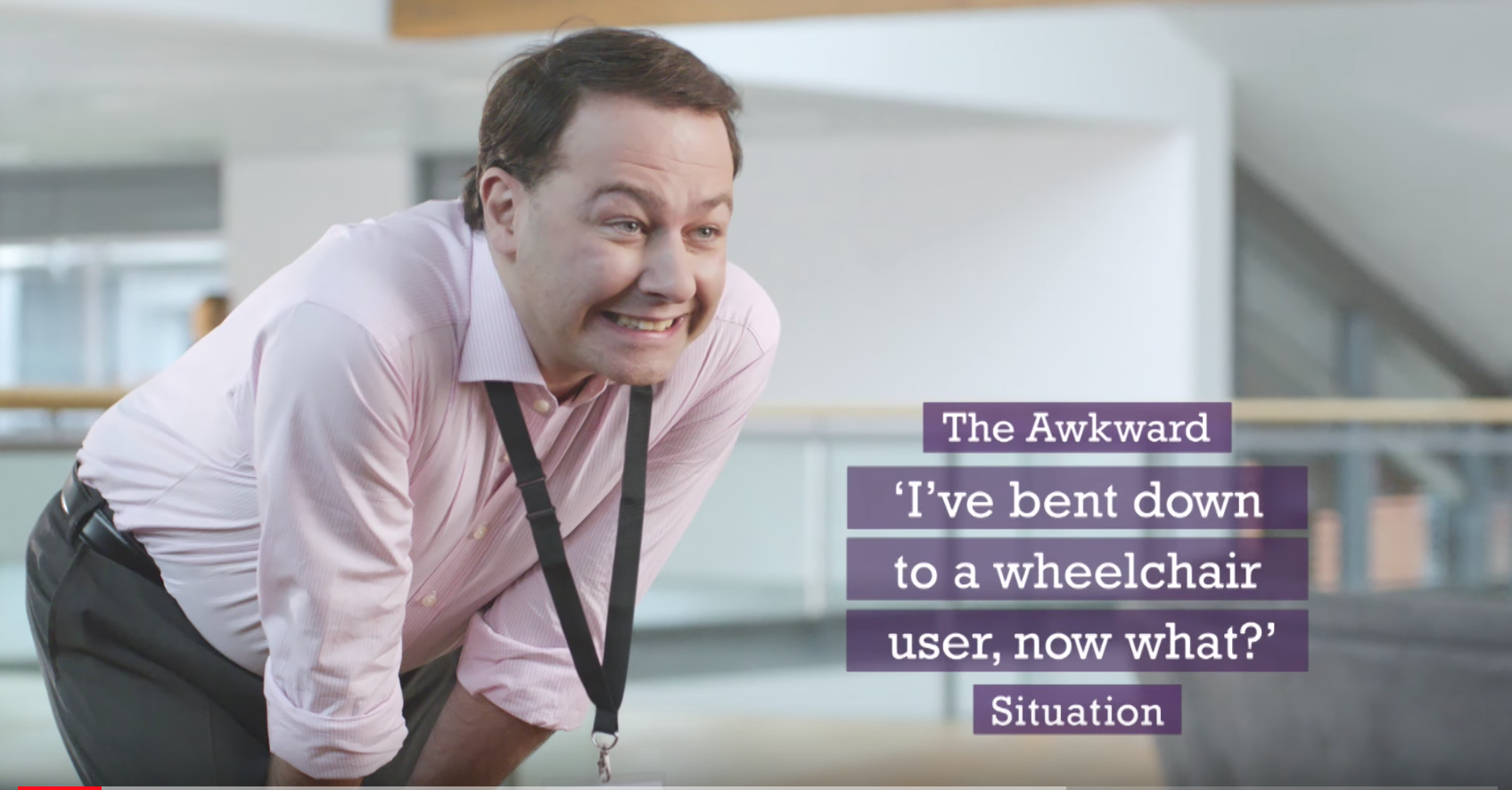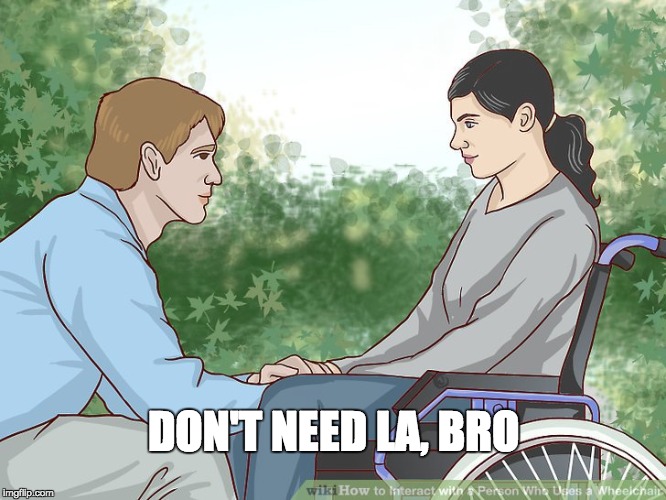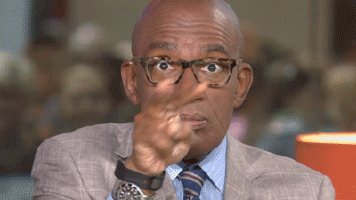Are you an awkward person?
You’d probably answer this based on whether you think you’re an introvert or an extrovert.
What if we add this condition to the question: are you an awkward person around someone with a disability?
Chances are, you’ll answer this question based on how much experience you have interacting with persons with disabilities. And truth is, many of us don’t have much of it.
So when we get the chance to speak with persons with disabilities, the experience is akin to going on a first date -- you don’t know the other party well enough, you get tongue-tied, and have no idea how to be natural. At the very least, you want to remain sensitive to their feelings. Your mind reels over the best way to approach them.
And this, more often than not, results in pretty awkward moments. On your part. Whether you are aware or not.
Let us enlighten you.
Awkward Moment 1: You stare at the person with disability, or their caregiver, when they have a difficult situation.
Back to what we said about basic courtesy. It’s common sense, really. This applies to everyone and anyone, persons with disabilities or not.
No need to be in a dilemma over how you should behave. The best thing to do is to avoid staring. Some space would be great too. If the need arises, offer your help.
Simple right?
Awkward moment 2: You squat down to speak to a wheelchair user.
 Screenshot via
Screenshot via
Newsflash: there’s no need to bend down. Your legs could get numb, and the wheelchair user might feel like they’re making things uncomfortable for you.
Just take a small step back to speak at a comfortable eye-level. Simple. Smooth.
Awkward moment 3: You ask the caregiver about the wheelchair user IN FRONT of them.
Unless you want to offend someone, it’s a horrible faux pas to assume persons with disabilities are intellectually incapable -- if it was a first date, you’d be dumped even before the date starts.
Just ask any question you have to the wheelchair user. They’re just in front of you. Don’t disregard them. You’d be sad if someone disregarded you too.
Awkward moment 4: You struggle to find words to address their disability.
Of course, while this stems from your desire to be sensitive to your new friend with a disability, don’t worry -- there’s no need to avoid referring to their disability.
It’s not taboo. Take our advice (it’s legit!). It could save you from awkward moments the next time you meet persons with disabilities.
Awkward moment 5: You look at the interpreter when you are asking questions to a person who is deaf or hard of hearing.
Why u do dis? It’s courtesy to maintain eye contact with the person you’re having the conversation with. Conveys sincerity.
Awkward moment 6: You raise your voice when speaking to someone who is hard of hearing
It’s heartwarming that you want to be considerate, but speaking at a normal volume works fine too. Because some of them actually use hearing aids. Which aid hearing. :)
Awkward moment 7: You touch guide dogs without asking for permission.
If you don’t go around touching a stranger’s bag because it’s cute, don’t do it to a guide dog too. It’s not nice to touch things (or in this case, dogs or canes) that are not yours, without permission.
Guide dogs have the very important mission of helping persons with visual impairment. Your simple touch might confuse the dogs and distract them from their task.
Awkward moment 8: Leaving after a conversation without informing the person with visual impairment.
Why? Basic courtesy lah, to say goodbye before leaving.
Especially if you know the person has visual impairment. Don’t be rude and just walk away, no manners leh.
Awkward moment 9: When you think you’re making conversation when you say “Oh, he doesn’t look like he has autism!” to a caregiver.
Well… Autism Spectrum Disorder is a disability that can’t be seen -- there are also no clear physical characteristics.
Now that you know this, please, please don’t make that comment again.
Awkward Moment 10: When you praise them for every small action
Being encouraging is fantastic. But when you go overboard with it, you’ll probably draw an “errrrr…” reaction instead of appreciation.
Think about it. It feels awesome if you get praised for a big achievement. But if someone praises you for doing something you do every day, how would you feel?
Maybe like this?
Exactly. Persons with disabilities are just like everyone else -- they work hard, have fun and are just looking to live their lives as happily as they can.
So don’t be worried about approaching and making friends with them. Just be natural, be courteous and well, be cool. Don’t treat them different from how you’d want to be treated.
Not so difficult, right?
Stop being an awkward turtle and find out more about interacting with persons with disabilities here. This sponsored article in collaboration with the See the True Me campaign has made us more woke.
Top image adapted via
If you like what you read, follow us on Facebook, Instagram, Twitter and Telegram to get the latest updates.








